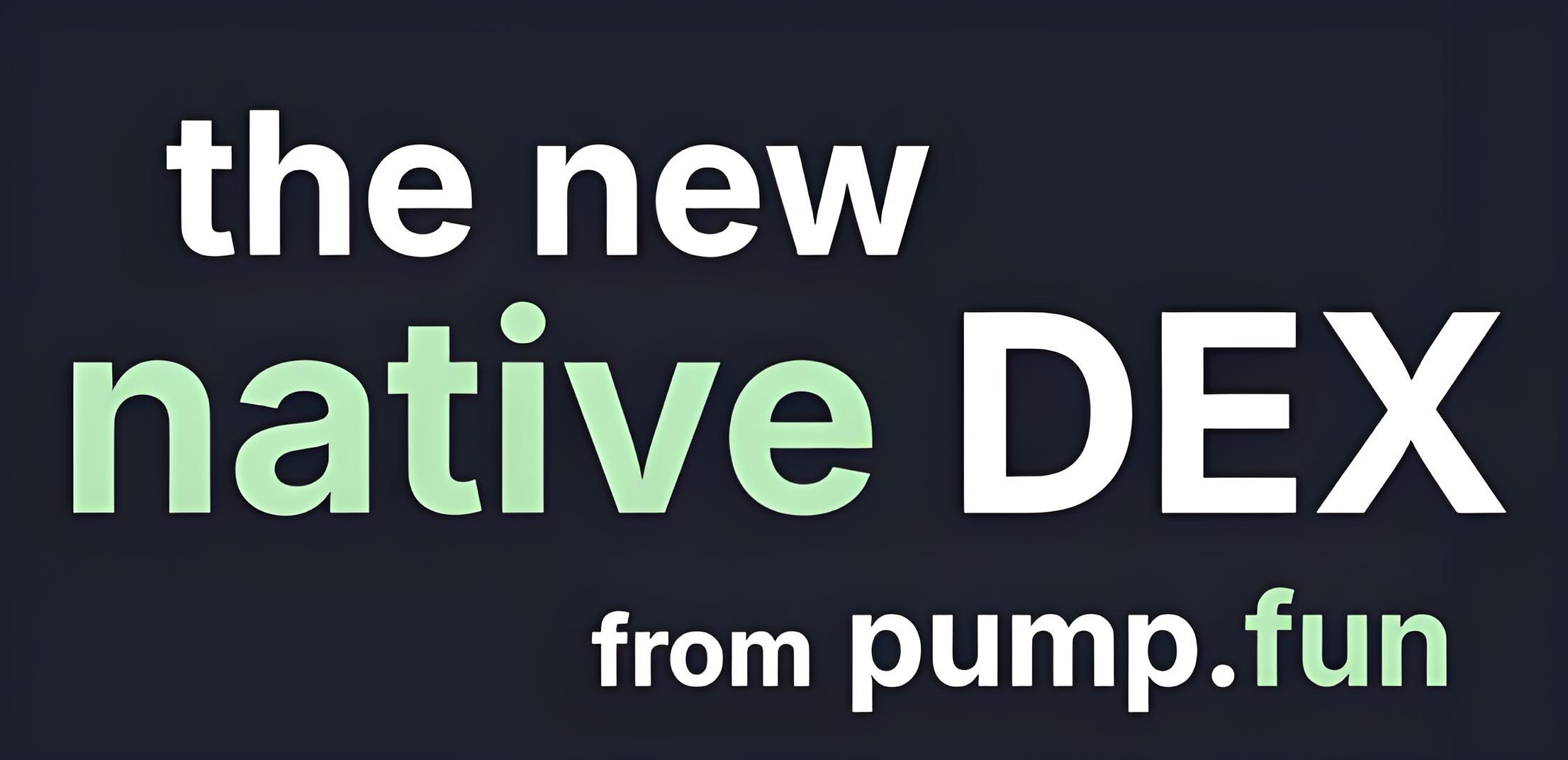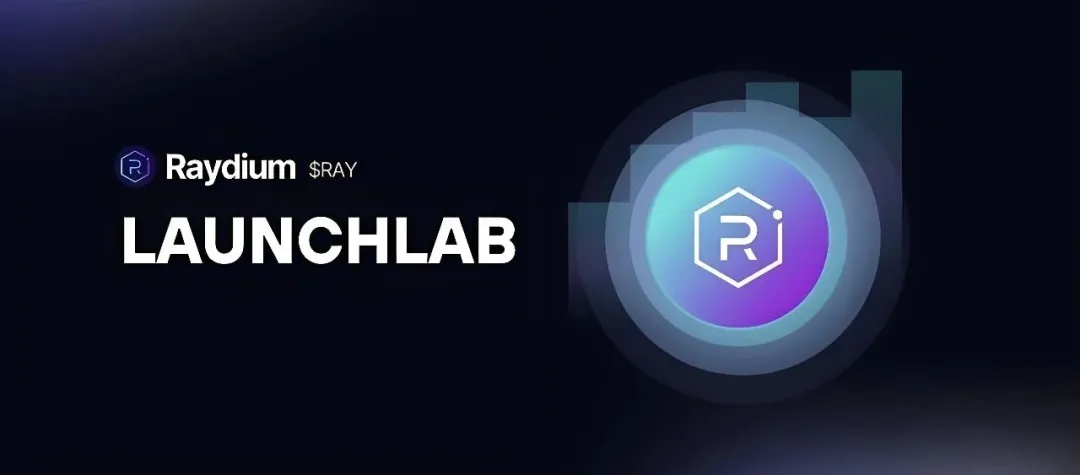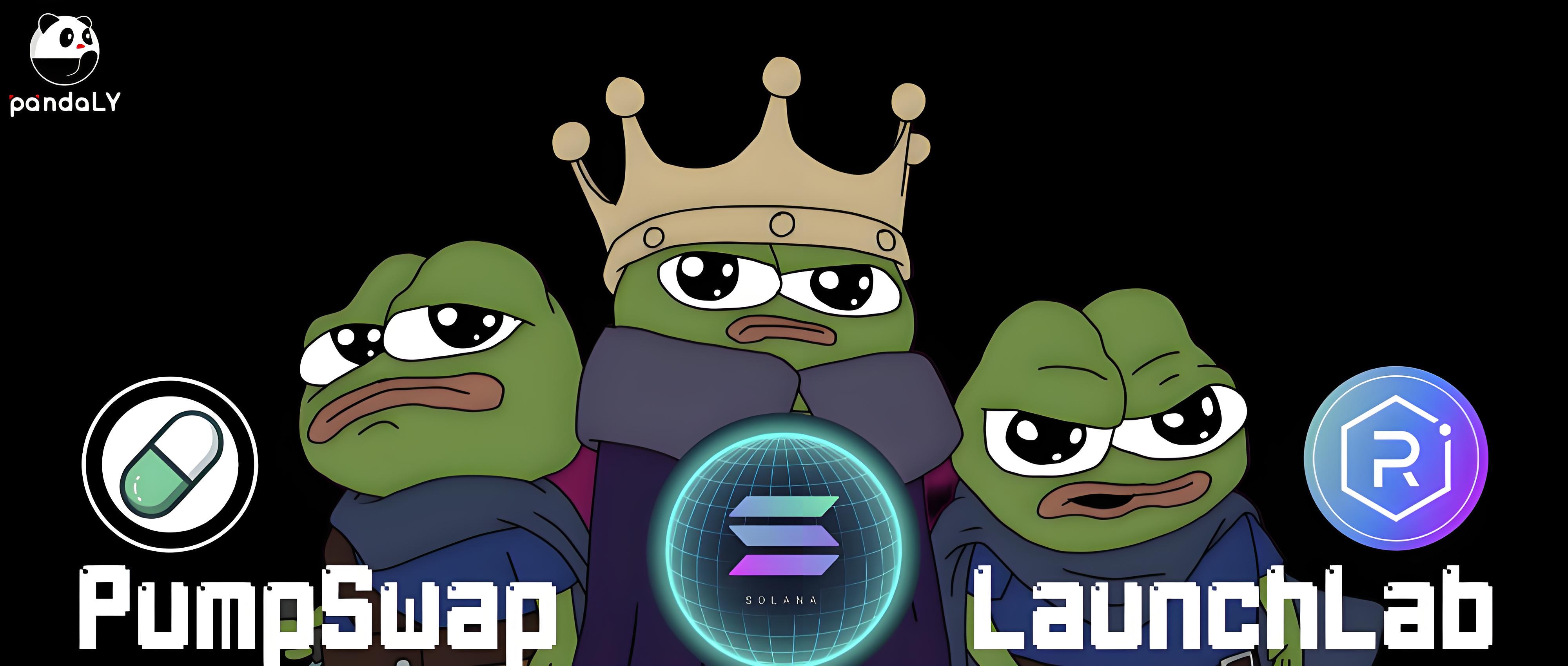During the Meme coin craze in the Solana ecosystem, Pump.fun and Raydium were close partners: the former was responsible for token issuance, and the latter provided liquidity support. However, on March 20, 2025, Pump.fun launched its own decentralized exchange (DEX) PumpSwap, canceled the original migration fee, and cut off the liquidity channel with Raydium. This move quickly changed the market landscape. PumpSwap's daily trading volume hit new highs , with a single-day transaction volume of up to US$460 million, and even occupied nearly half of Raydium's market share at one point, causing its native token $RAY to fall sharply twice.
Faced with the double "loss" of traffic and transaction fee bonuses, Raydium launched the LaunchLab platform on April 16, aiming to provide project parties and traders with more flexible issuance and liquidity solutions. At the same time, it strengthened the token economy through RAY repurchase, consolidated its position in the Solana ecosystem, and faced Pump.fun head-on .
1. Pump.fun and PumpSwap

Since its launch in January 2024, Pump.fun has become the central hub for meme coin creation in the Solana ecosystem, attracting millions of users. Its simple and easy-to-use interface and low-threshold token creation process make it the first choice for meme coin enthusiasts. However, in the early days, Pump.fun's tokens had to be migrated to Raydium for trading after reaching 85 sol. This process was not only time-consuming (sometimes up to several hours), but also required a migration fee of 6 SOL, which became a major pain point for user experience.
To solve these problems, Pump.fun launched PumpSwap, a native DEX based on Solana. Its core goal is to optimize the token migration process and enhance liquidity. Its main features include:
Free and instant token migration : PumpSwap eliminates the 6 SOL migration fee, and tokens can enter the trading market immediately after completing the bonding curve, significantly reducing time and cost.
Enhanced Liquidity : Through its own liquidity pool, PumpSwap provides higher liquidity for Pump.fun tokens and reduces dependence on external DEXs.
Creator Revenue Sharing Model : Although not yet fully implemented, PumpSwap plans to distribute a portion of the protocol revenue to token creators to incentivize high-quality projects.
Fee structure : A fee of 0.25% is charged on each trade, of which 80% is distributed to liquidity providers and 20% belongs to the protocol, ensuring a balance between liquidity incentives and platform sustainability.
2. Raydium and LaunchLab

Raydium is one of the main decentralized exchanges in the Solana ecosystem, known for its efficient automated market maker (AMM) and liquidity pool. As the main destination for Pump.fun token migration, Raydium has long benefited from the boom in meme coin trading. However, the launch of PumpSwap broke this partnership, forcing Raydium to reevaluate its strategy.
In order to regain the dominance of the Meme coin market, Raydium launched LaunchLab, a platform designed specifically for token issuance. It aims to attract project parties through flexible issuance mechanisms and deep liquidity. Its main features include:
Customizable bonding curve : supports linear, exponential and logarithmic curves, allowing project owners to adjust token issuance strategies according to market demand.
Flexible fee structure : Third-party user interfaces can customize fee rules, enhancing developer autonomy.
Deep liquidity integration : Tokens can be immediately accessed to Raydium’s AMM liquidity pool, ensuring efficient trading without additional fees.
$RAY buyback mechanism : 25% of the transaction fee is used to buy back $RAY tokens to enhance the token economy.
Multiple quote token support : Support for multiple quote tokens to increase flexibility.
Liquidity lock-up : Through the lock-up mechanism, issuers can lock up liquidity for a long time to obtain continuous returns.
3|Comparative Analysis of PumpSwap and LaunchLab

User Experience:
PumpSwap emphasizes simplicity and efficiency, and its free and instant token migration process greatly reduces the entry barrier for meme coin creators and traders. In contrast, LaunchLab focuses more on flexibility and customization, emphasizing ecological synergy and token economic closed loop, and is suitable for project parties that are oriented to multiple projects, take into account institutional and community needs, and focus on long-term ecological construction.
》Liquidity and Trading:
PumpSwap centralizes the liquidity of Pump.fun tokens through its own DEX to ensure transaction efficiency within the ecosystem. LaunchLab uses Raydium's existing AMM infrastructure to provide instant deep liquidity, which is particularly suitable for projects that require large-scale transactions.
》Revenue Model:
PumpSwap’s creator revenue sharing model (not yet fully implemented) aims to incentivize high-quality projects through protocol revenue and enhance the symbiotic relationship between the platform and its users. LaunchLab’s $RAY buyback mechanism directly benefits Raydium token holders and may drive long-term stability in the price of $RAY.
》Security and transparency:
Both place a high priority on security. PumpSwap has completed multiple rounds of audits and plans to open source its code, demonstrating its commitment to transparency. LaunchLab benefits from Raydium’s mature infrastructure and reputation as a core platform for the Solana ecosystem.
4|Safety Recommendations
For users, choosing PumpSwap or LaunchLab depends on their specific needs and risk preferences:
PumpSwap: Suitable for users who want to launch and trade meme coins quickly and at low cost. Its free migration and multiple audits provide high security, but users should pay attention to the progress of its open source plan.
LaunchLab: More suitable for projects that require customized issuance models and deep liquidity. Raydium's mature security practices and bug bounty program provide a solid foundation, but users need to carefully review token parameters to avoid risks.
Regardless of which platform you choose, we recommend that users take the following safety measures:
Do Your Research (DYOR): Carefully check the token page and project background before investing or trading.
Pay attention to security updates: Regularly check the platform's security announcements and audit reports.
Use a secure wallet: It is recommended to use a non-custodial wallet designed for Solana, such as Phantom Wallet, to enhance asset security.
5. Conclusion
The head-on confrontation between PumpSwap and LaunchLab is not only a microcosm of the internal competition in Solana DeFi, but also represents the rapid evolution of Meme coin issuance and trading infrastructure. In the future, Meme projects on Solana will no longer rely on a single issuance channel, but will make dynamic choices based on platform tools, fee structure, and liquidity support.
Pump.fun is strong in issuance efficiency and community popularity, while Raydium is betting on tool richness and long-term mechanism construction. Both are trying to become the first stop for the Meme project, and are also conducting in-depth exploration around "liquidity migration + fee redistribution". For developers and speculators, this is a bonus period; for platforms, it is a game that determines life and death. Regardless of victory or defeat, the competition itself will bring more technological iterations and user dividends to the entire ecosystem.














